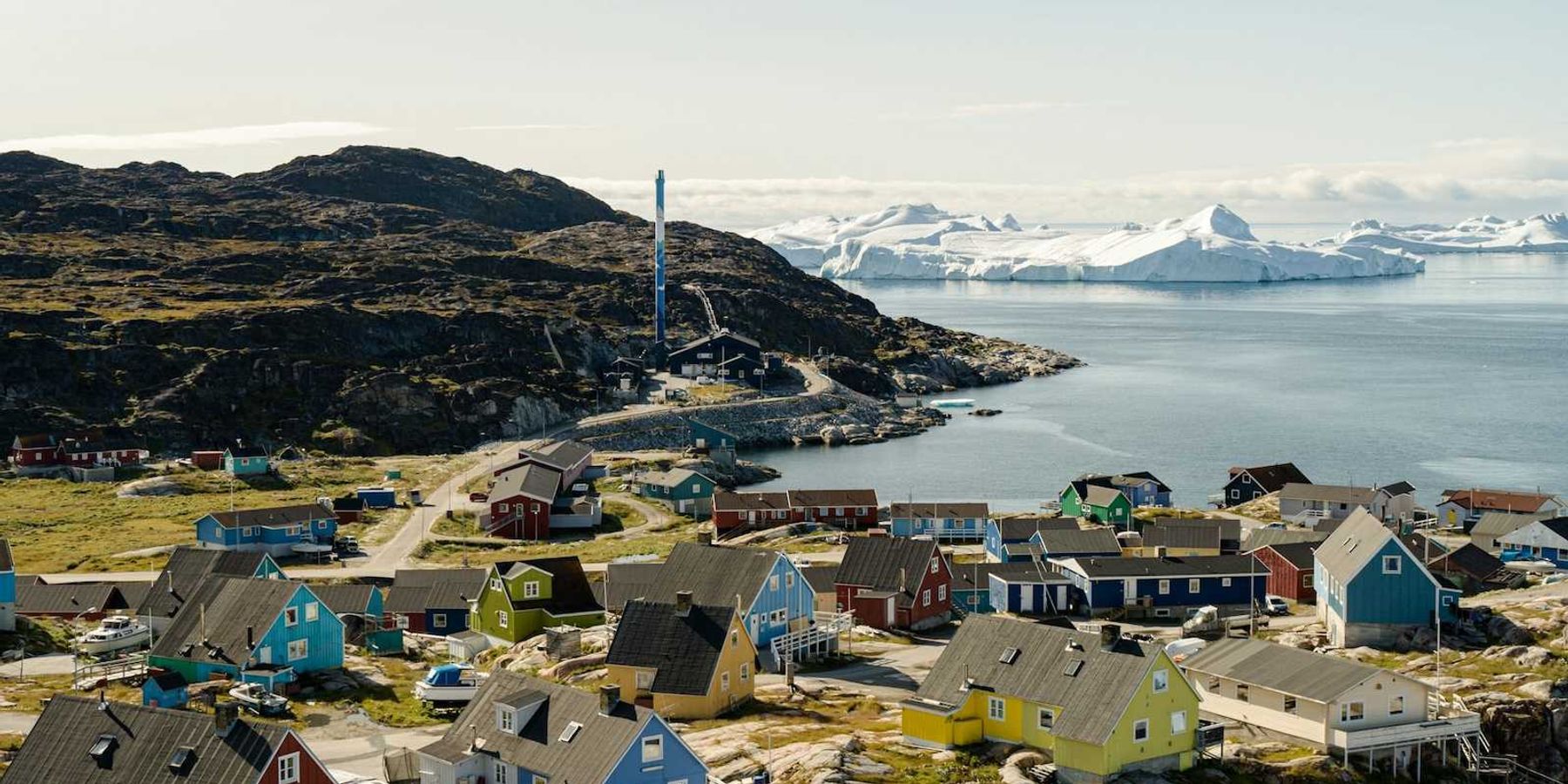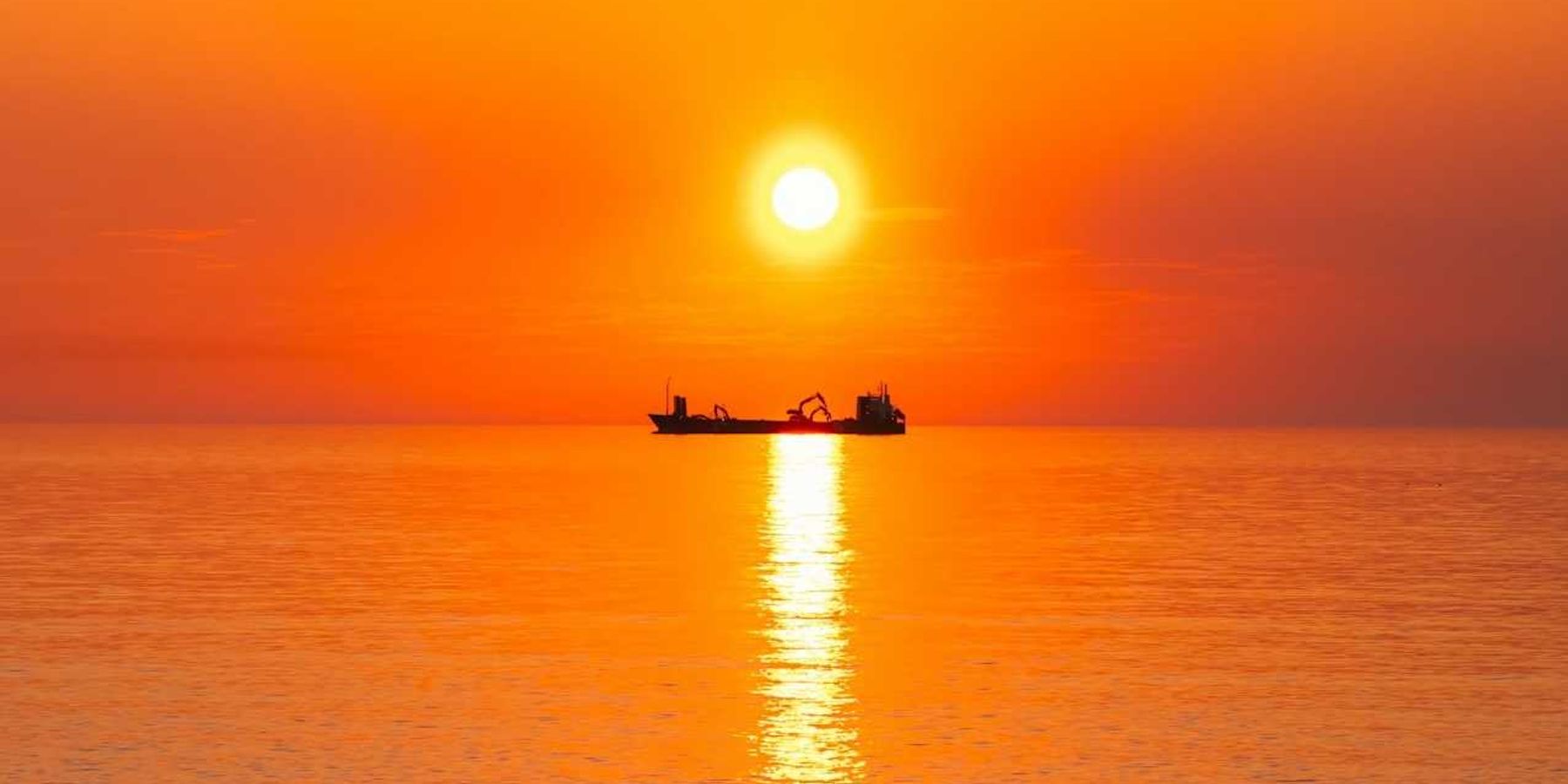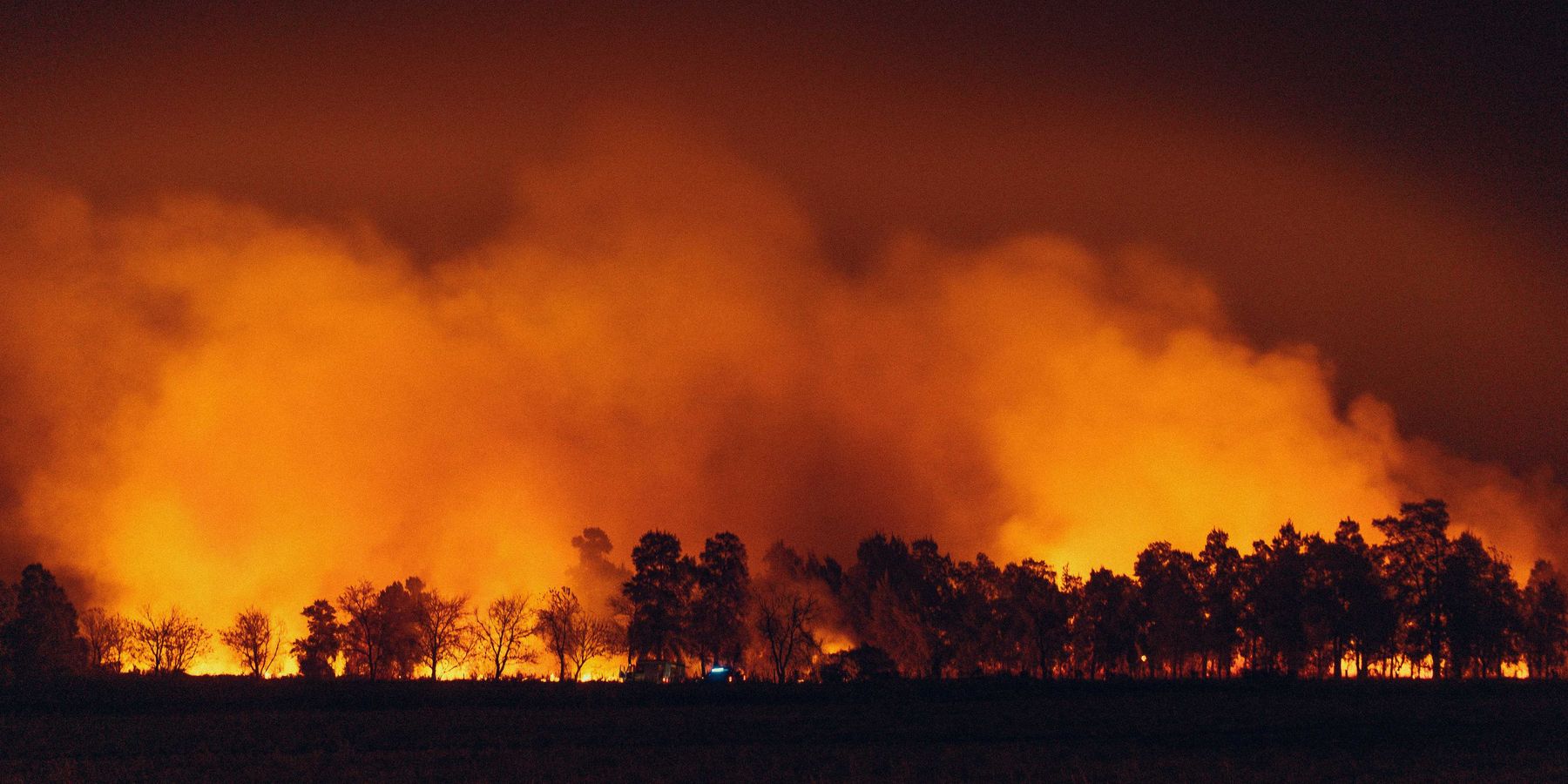Weekend Reader for Sunday, Jan. 14
Salmon stress on two fronts; more rollbacks from a Very Stable Genius; Nuclear for climate? Research from 56,000 dog years ago.
Even though President Trump enjoyed his brisk schedule of watching Fox & Friends and tweeting their news coverage, deriding other news outlets and investigations as part of a massive hoax, insulting large groups of people and sovereign nations and playing an absurd amount of golf for a guy with a big job, his team has plenty of time to stage the purge of environmental law and regulation. (Plenty more on that below.)
Rains came to California, and the hills of Los Angeles stopped burning. In Santa Barbara, the rains soaked fire-stripped hillsides, and the hills went to town. Mudslides brought death and destruction, as Nature fulfilled the fire->rain->mudslide cycle.
Top Weekend News
The Food and Environment Reporting Network (FERN) has a strong piece from an unexpected place. Smithfield Foods, long an environmental black-hat for its factory hog farms, is working on some solutions. And check out EHN's recent series, Peak Pig.
This week, two pieces of news mark the plight of salmon in the Pacific Northwest: Science Magazine covered a study on the narrowing genetic diversity of chinook salmon. And NPR reports that a pesticide that Obama's EPA tried to rein in is doing damage to salmon in Northwest waterways.
Bears Ears get lopped, Navajos cringe, uranium miners cash in: The Trump Administration's drastic shrinkage of the new Bears Ears National Monument angered environmentalists and Navajo neighbors, but could be a windfall for uranium miners who have had their eyes on the land for a long time.
And on MLK Day, Rep. John Lewis, an enduring link to the peak days of the Civil Rights Movement, will join the NAACP in launching a wind and solar campaign. They see clean energy as a human right.
And just what did Trump do this week?
The EPA is considering reversing a 2015 rule that set an age limit on farmworkers' use of pesticides. The current age limit is 18, but younger teenagers could be exposed to farm chemicals should this happen.
Tell me something I didn't know: The Washington Post's Chris Mooney on how, under Trump, coal is losing out to natural gas. Just like under Obama. Thanks, Obama!
Search for the least appropriate environment officials continues: Kathleen Hartnett White, who built a reputation as a foe of environmental regulation and science, scores a key nomination as Trump's environmental advisor.
Opinions and Editorials
Bloomberg has an anti-coal, pro-nuke editorial on battling climate change.
Has there been a greening of Christianity? With the exception of the current Pope, few signs point to yes.
Meteorologist Eric Holthaus sees a need for environmentalists to embrace nuclear power as a climate solution.
Klein opines: New York City may be on the verge of fossil fuel divestment. Naomi Klein says that would have been unheard of five years ago.
Care for a little good news?
An obsolete coal plant along the Delaware River was converted to natural gas. A study says that pregnant Moms downwind in New Jersey showed health benefits. So did their kids.
And finally, News for Dogs
Archaeologists have discovered what are believed to be the oldest images of dogs from a site in Saudi Arabia. The rock wall etchings are estimated to be 8,000 years old. Or, if you're a dog, 56,000 years old.













